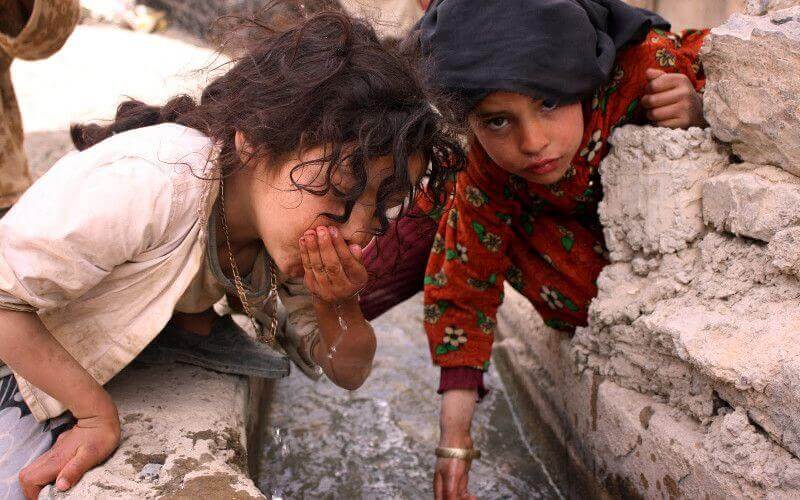Severe Drought Threatens Agriculture in Morocco’s Souss-Massa Region

The Souss-Massa region is shaken by a severe drought which, if nothing is done, risks completely undermining agriculture, which is nevertheless considered the main activity in this part of the country.
"The surface water deficit is 94%. We have never observed such a thing on the scale of the basin: it is worrying." This is how Abdelhamid Aslikh, responsible at the River Basin Agency for the region, expressed himself. In Agadir, as in several other municipalities in the Souss-Massa region, including Dchira, Inzegane, Ait Melloul, Drarga, Taghazout, the phenomenon has reached a worrying level.
The farmers who are the most affected no longer know which way to turn. Faced with the lack of irrigation from the dams, they are forced to wait for the rare rains or to draw from an overexploited water table for years, notes La Croix. Faced with such a critical situation, the economic damage is countless. "Some farmers find themselves having to uproot certain citrus varieties to focus only on the most profitable one," explains Lhoussaine Bouchaou, professor at Ibn Zohr University in Agadir and affiliated with the International Water Research Institute of the Mohammed VI Polytechnic University. "It’s the only way for them not to end up on the rocks," he adds.
The main income-generating activity in the region, even before maritime fishing and tourism, agriculture has allowed Agadir and its region to establish itself as a leader in the export of citrus fruits and early produce in Morocco. The intense agricultural activity is the fundamental cause of the current drought in the region, according to Lhoussaine Bouchaou. Indeed, "90% of our water is consumed by agriculture. This is due to the large export of fruits and vegetables, especially citrus fruits, that you find in your supermarkets," he notes. Among the measures experimented with to correct this water deficit, the region has decided to reduce access to water for its millions of inhabitants. Thus, by cutting off water in all households, from 10 p.m. to 5 a.m., the region was able to save 20% of the water wasted at night. However, this is a "precautionary measure that cannot be taken as a sustainable solution over time. A concrete response must be provided," insists Lhoussaine Bouchaou.
The phenomenon of drought experienced by the region is not unknown to the government, which for years has been multiplying strategies to correct the situation. Thus, in 2008, a major measure for the agricultural sector called the "Green Morocco Plan" was launched with the aim of improving the means of production and the income of small farmers, notes the Ministry of Agriculture, noting that this strategy "has allowed the saving of two billion cubic meters of irrigation water". This year, the government has introduced the "Generation Green 2020-2030 plan" - accompanied by the "Forests of Morocco" plan - aimed at investing more in this same sector, while multiplying the creation of jobs.
Next year, the government plans to end the drought in the Souss-Massa region, where the annual deficit of groundwater resources is estimated at 90 million m3. The solution envisaged by the authorities is the installation, in particular in Agadir, of a seawater desalination plant. According to the forecasts, the said plant should "fill the drinking water deficit in the region and allow part of the agricultural land to be irrigated again," indicates the same source.
Related Articles
-

Quebec’s International Student Crisis: UQAM Faces 39% Drop as Government Policies Spark Global Concern
5 September 2025
-

Surge in UK Train Phone Thefts: One Device Stolen Every 44 Minutes, Many Ending Up in Morocco
5 September 2025
-

French Retirees Abroad Face Digital Revolution: Biometric App Replaces Traditional Proof of Life
5 September 2025
-

Fake Colonel Arrested: Massive Fraud Scheme Uncovered in Morocco’s Southeast
5 September 2025
-

Royal Rift: Macron and Morocco’s King Clash Over Pegasus Spyware Scandal
5 September 2025